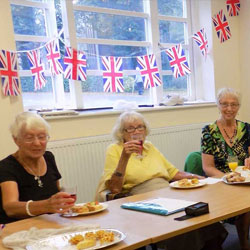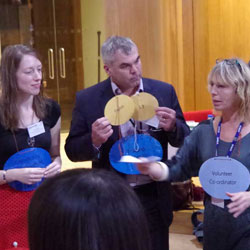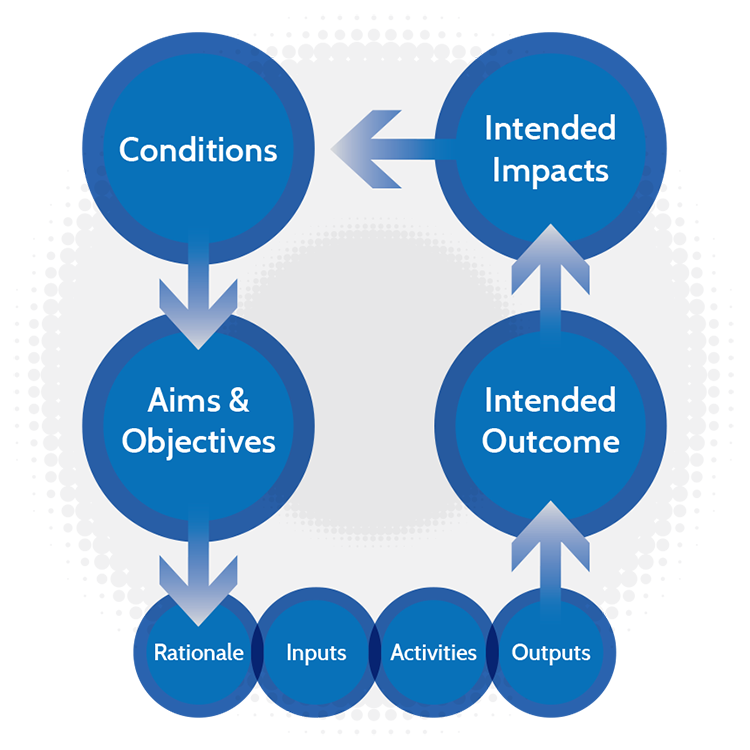Employment and Skills
Conditions
Unemployment rates in Great Yarmouth are amongst some of the highest in the country. Driven by seasonal work, the job-seekers count rises steeply during the winter months. In Nelson ward for example the percentage of adults claiming out-of-work benefits is more than double the rate for elsewhere in the Borough. At the same time, Great Yarmouth’s economy is going through a period of transformation. The expansion of the renewable energy sector, coupled with enterprise zone status means that there are real and improving prospects for employment and growth. Whilst the skills level of working-age people in Yarmouth has improved over recent years, 42.1% of people still only have an NVQ level 1 or lower qualification. It is vital that the benefits of growth do not bypass Great Yarmouth’s most income and employment deprived communities.
Aims & Objectives
To connect local communities to the benefits of economic growth by increasing resilience and improving the responsiveness of services, and by unlocking the potential of community enterprises to create sustainable jobs.
Rationale
- The impact made by neighbourhood-based employment projects, providing social and economic benefits in excess of £7 for every £1 of investment.
- The strength of partnership working evidenced by the Great Yarmouth Employment and Skills Group.
Inputs
1 x support worker (ESF funded) and aligned to NTW patch teams
Joint working with BBO programme (Norfolk Community College) to support residents on their journey into work
3x GYBC Neighbourhood Managers- match funded
Activities
- 1-1 employability sessions with people focusing on identifying interests and skills
- Creation of supported ‘taster’ sessions in local workplaces and within community projects for people who are long-term unemployed.
- Supported volunteering and work placements with skill matched to gaps identified by local employers.
Outputs
- 600 people report improvement in level of skills, and confidence in use of skills, following completion of at least one training session.
- 200 people with complex needs report improved confidence in competing for jobs following at last one volunteer position, taster day or work placement.
- 150 will have overcome issues preventing them from getting and holding down a job, resulting in them sustaining employment.
Intended Outcomes
People further away from the labour market will be accessing supported training opportunities matched to their skills and interests and employer needs. People will be in sustainable employment in a vibrant local economy.
Intended Impacts
- Improved skills of local residents.
- Reduction in income and related deprivations caused by long-term unemployment.
- Greater harmony between the needs of the labour market and communities, reducing structural deficits in the economy.
- Increased amounts of local investment generated, retained and recycled by communities themselves.
The bigger picture

Community Resilience
Working directly with communities to strengthen networks and capacity at a grass roots level.

Voluntary Sector Transformation
Changing the way the voluntary sector works with people with complex needs, ensuring they are supported in a more effective and joined up way.

Theory Of Change
Our unique theory of change recognises that connections and encounters can together affect positive change, increasing resilience and building better communities.

